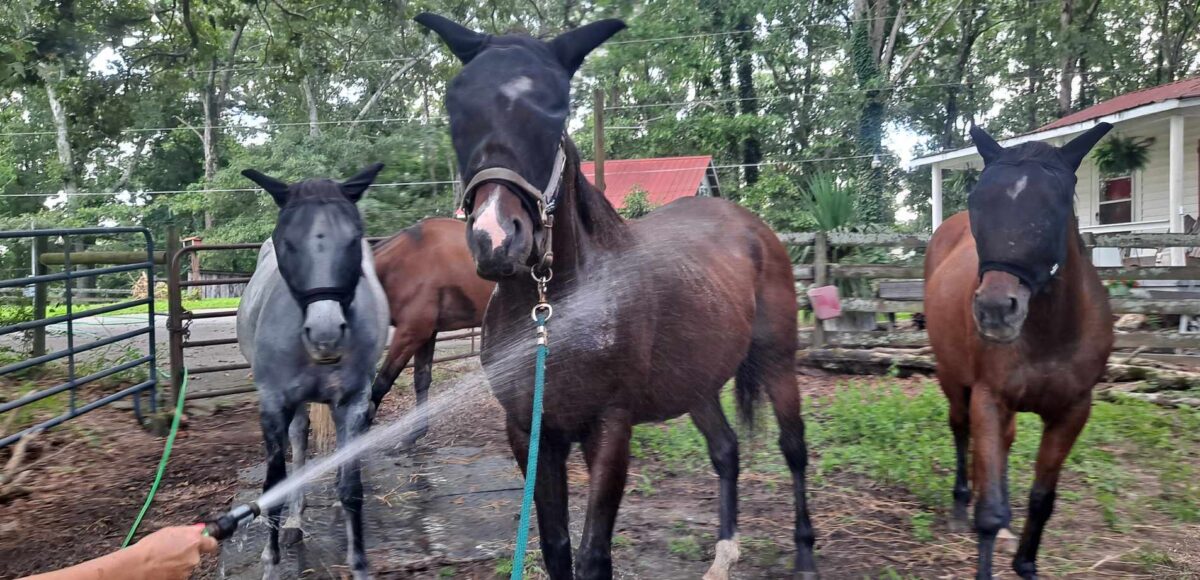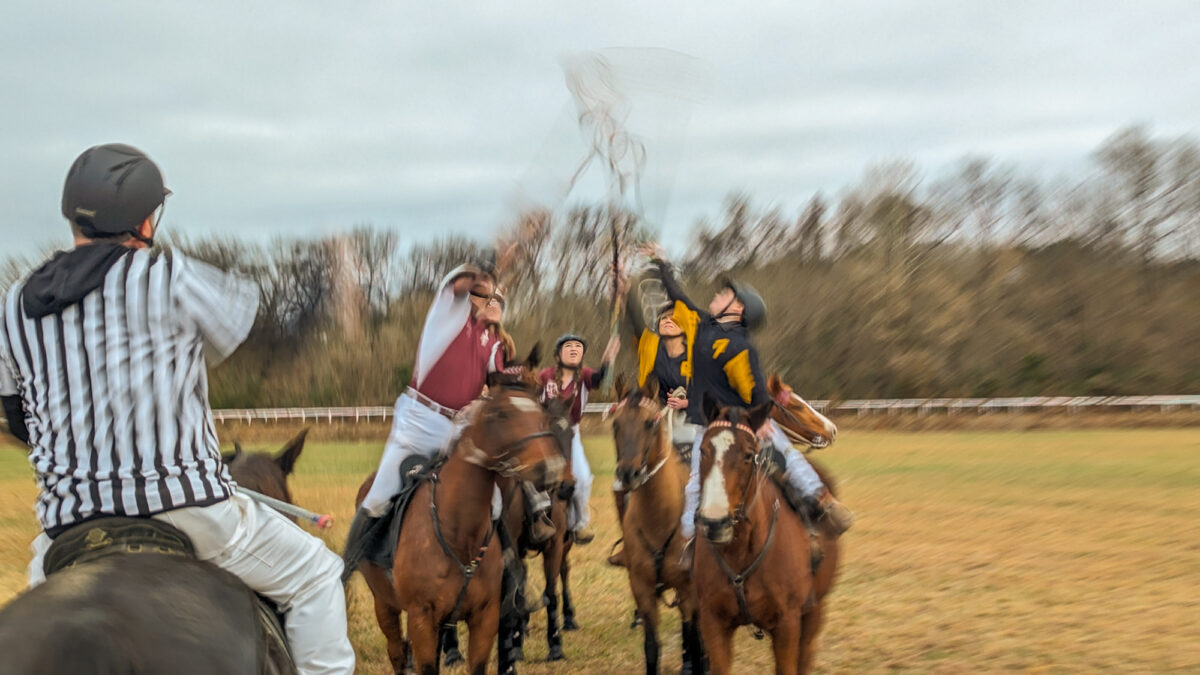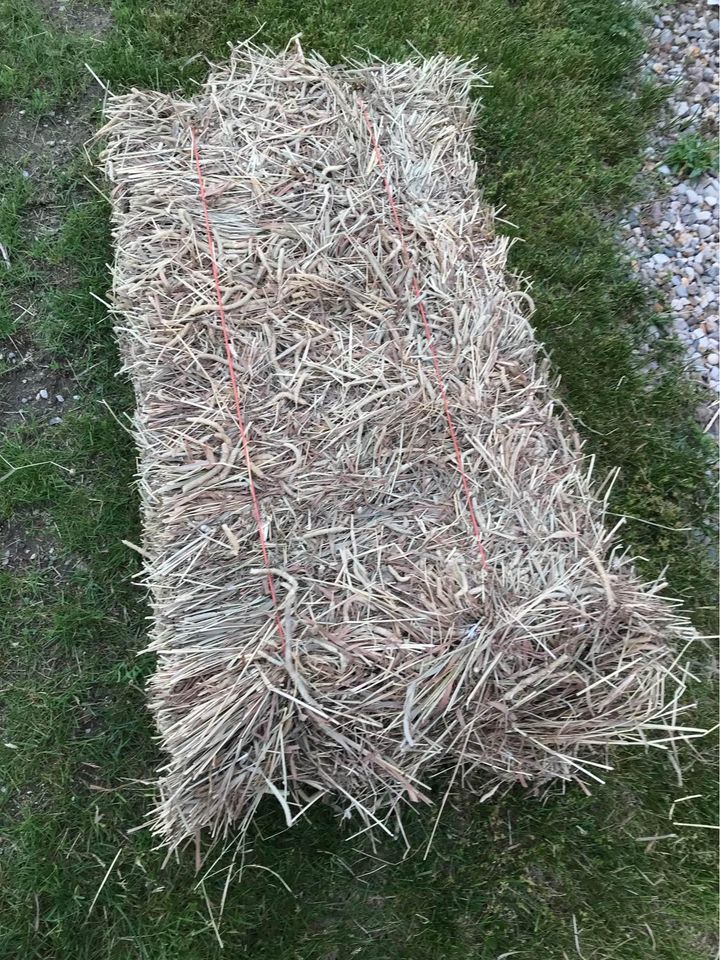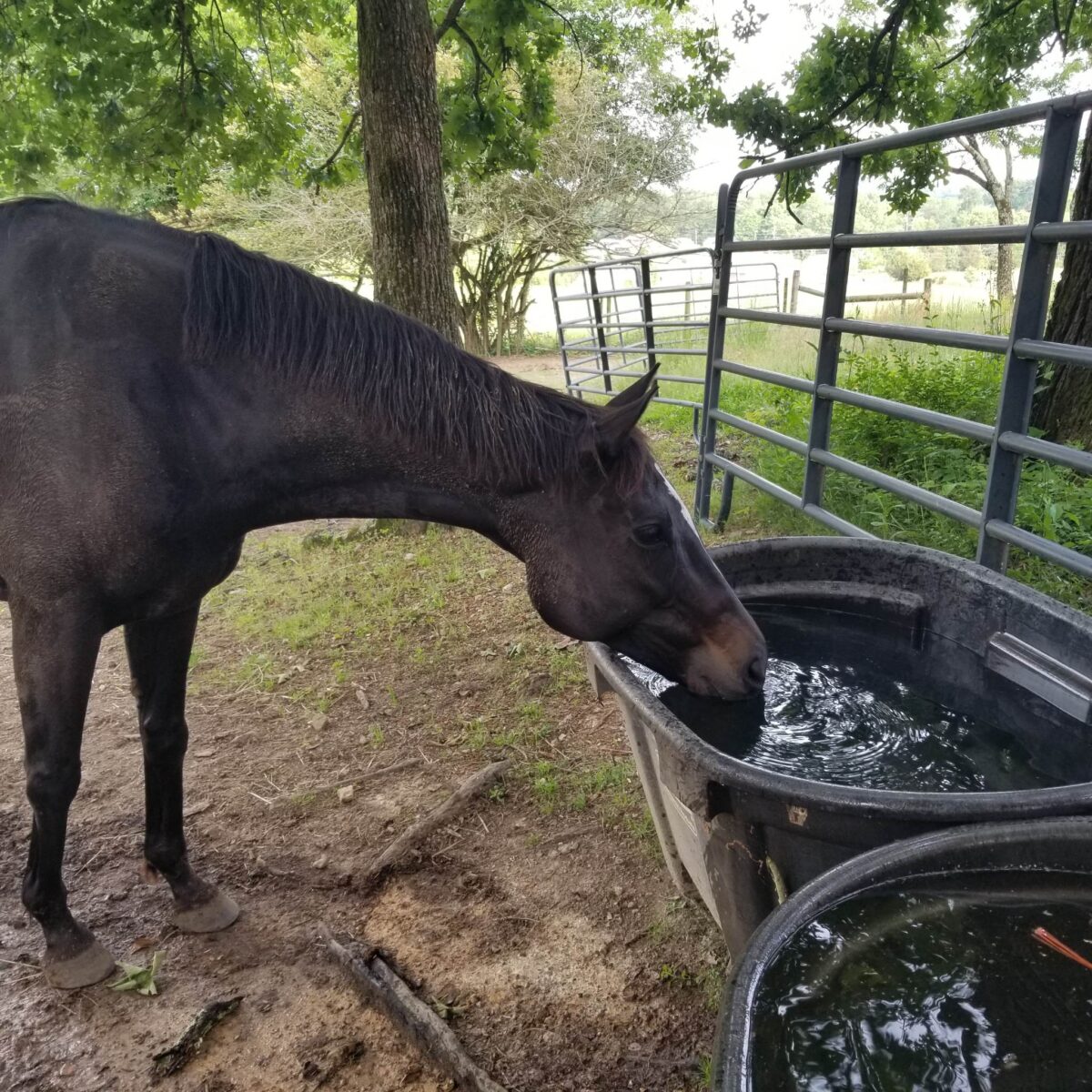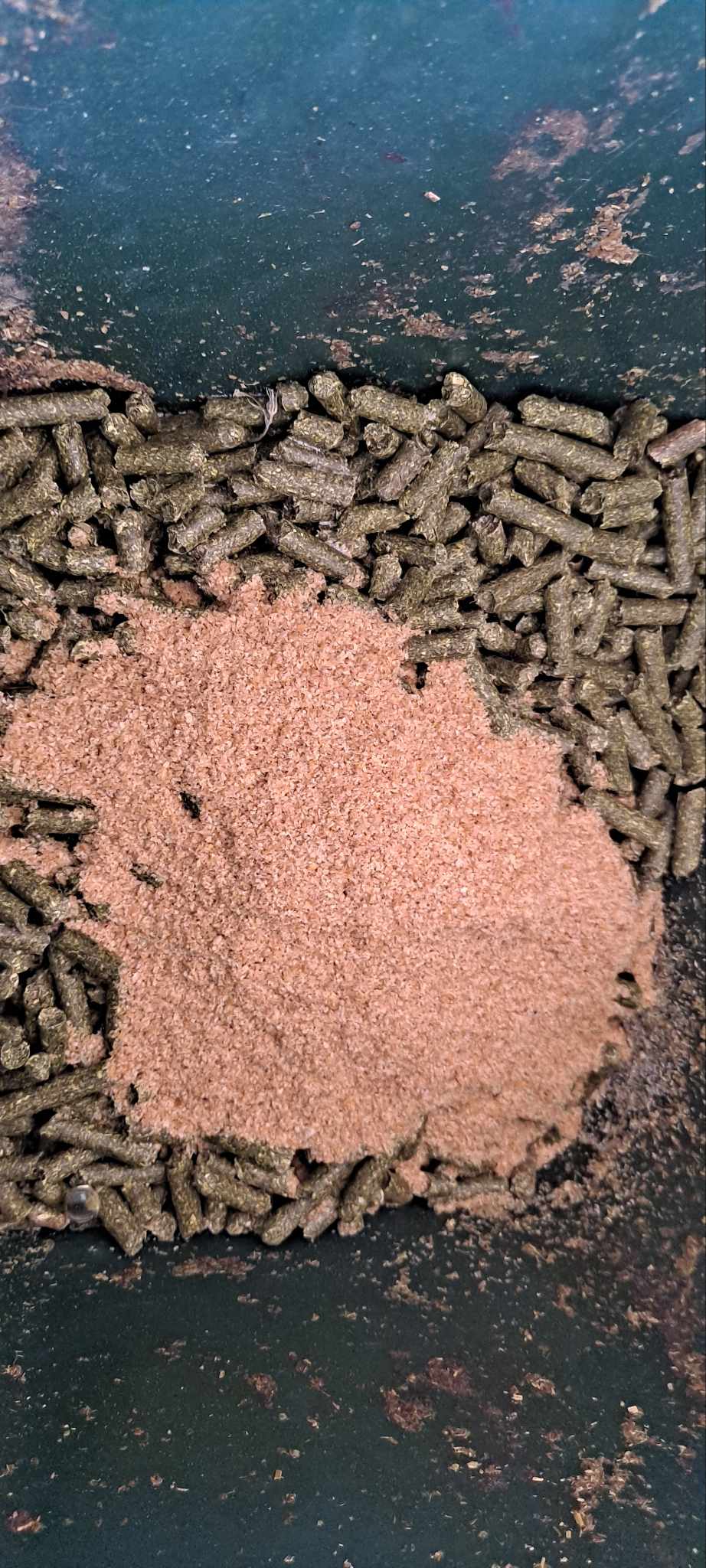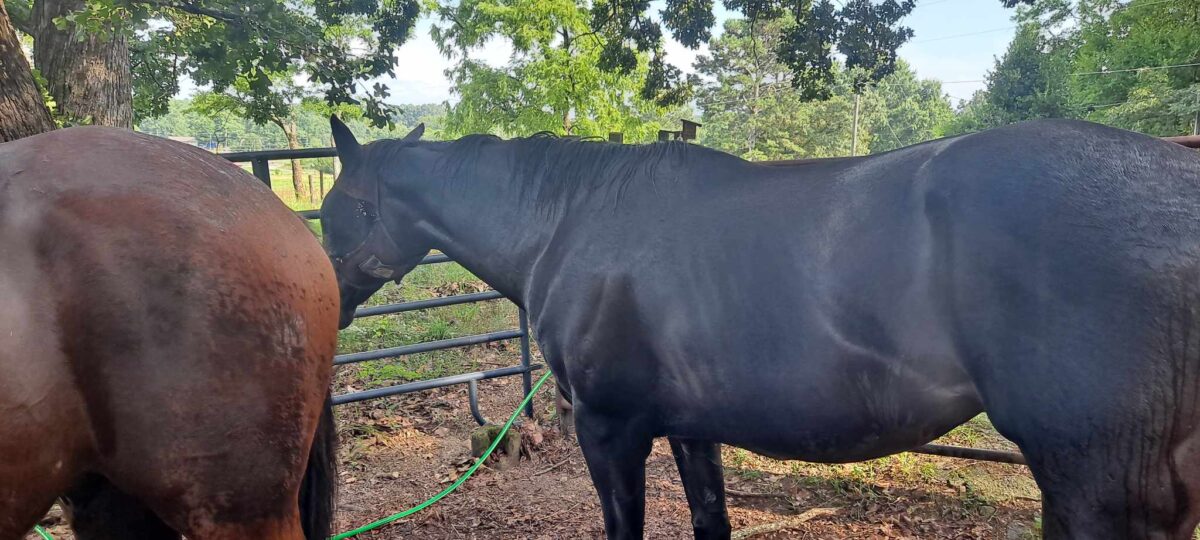Recognizing the signs of a horse overheating is essential to ensure their well-being, as overheating can lead to heat stress, dehydration, and other health issues. Horses are more susceptible to overheating due to their large size and limited ability to dissipate heat efficiently. Here are some common signs that a horse may be overheating:
- Excessive Sweating: While it’s normal for horses to sweat during exercise or in hot weather, excessive sweating can indicate that the horse is struggling to cool down and regulate its body temperature.
- Rapid and Labored Breathing: An overheated horse may breathe heavily and rapidly. You may notice flared nostrils or an increased respiratory rate.
- Elevated Heart Rate: The horse’s heart rate may be higher than usual if it is overheating. Monitor the heart rate at rest and during activity to identify any significant increases.
- Lethargy and Weakness: An overheated horse may appear lethargic, tired, or weak. They may be less responsive to cues and seem disinterested in their surroundings.
- Dry Mouth and Thick Saliva: Dehydration can accompany overheating, leading to dry mouth and thick, sticky saliva.
- Red or Dark-Colored Gums: When a horse is overheating, their gums may appear red or dark in color, indicating possible heat stress.
- Lack of Coordination: An overheated horse may exhibit unsteadiness or lack of coordination, which could be a sign of heat-induced exhaustion.
- Elevated Body Temperature: A horse’s normal body temperature is between 99.5°F to 101.5°F (37.5°C to 38.5°C). If their body temperature rises significantly above this range, it may indicate overheating.
- Seeking Shade or Standing in Water: An overheated horse may seek shade or try to stand in water to cool down.
- Loss of Appetite: Overheating can cause a horse to lose its appetite or eat less than usual.
If you suspect that your horse is overheating, take immediate action to help cool them down:
- Move the horse to a shaded area or a well-ventilated barn.
- Offer cool, clean water to encourage hydration.
- Use fans or misting systems to help cool the horse.
- Sponge the horse’s body with cool (not cold) water to aid in heat dissipation.
- Consult with a veterinarian if the horse’s condition does not improve or if you are concerned about their health.
Preventing overheating is essential, especially during hot and humid weather. Avoid riding or engaging in strenuous activities during peak heat hours, provide ample access to fresh water, and monitor your horse for signs of discomfort in warm conditions.

